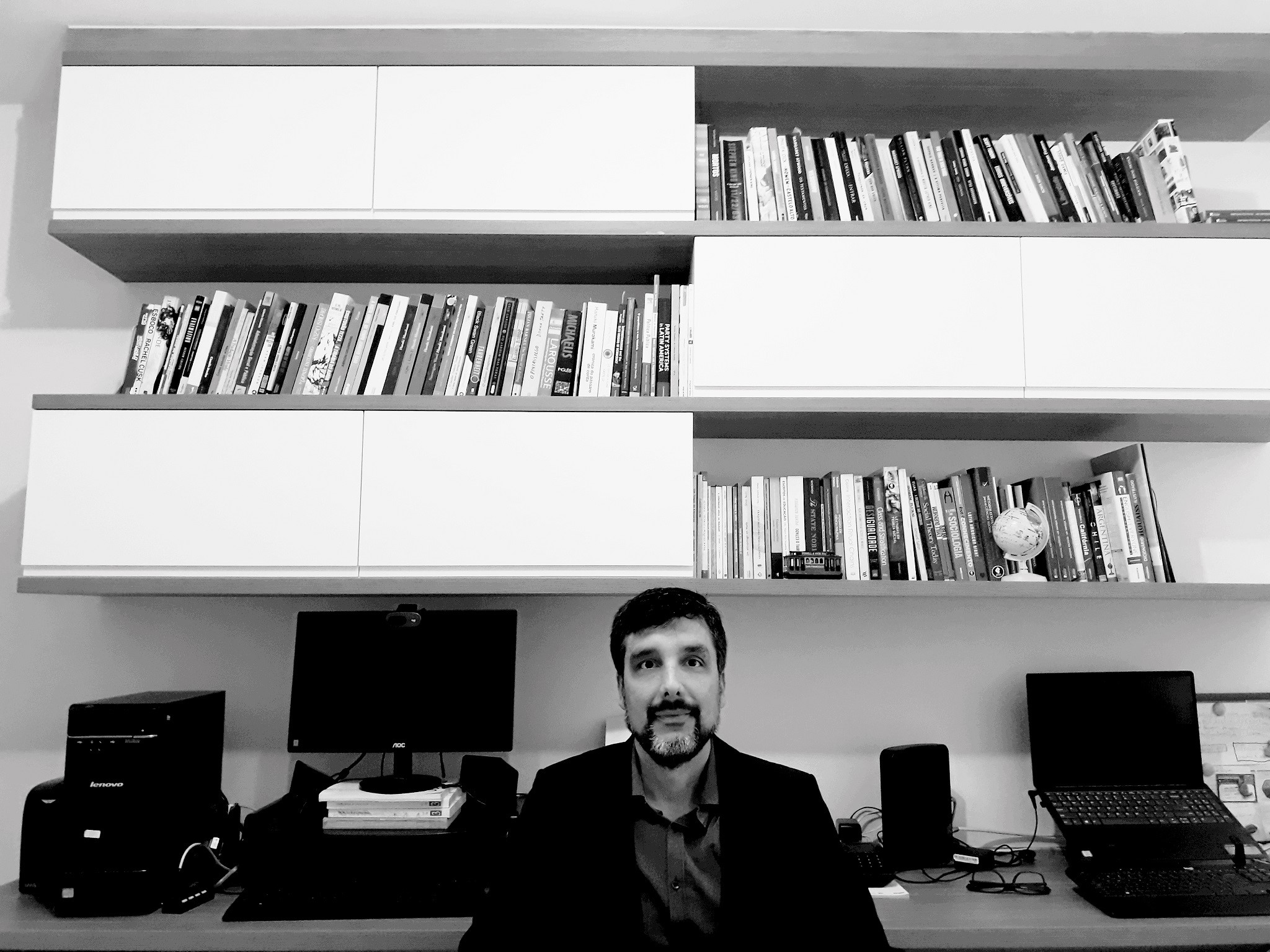research

latest research projects
My research interests include comparative political institutions, federalism, coalition politics, elections, parties and party systems, with a regional focus on Latin America.
My latest project seeks to analyze the causes and consequences of mass polarization in Latin American countries. This research is funded by a CNPq grant. Another recent project has looked at the renewal of the political right in Latin American countries in response to the strengthening of left-wing parties and movements all over the region. This research was funded by a LASA/Ford grant and its results will be published as an edited collection by Cambridge University Press.
Below you will find a summary of my recent research projects (last 5 years), as well as a list of work in progress .
causes and consequences of polarization in Latin america
Situation: Active project
Funding: CNPq
Project directors: André Borges (UnB), Mathieu Turgeon (University of Western Ontario) and Robert Vidigal (NYU).
The project seeks to investigate the causes of polarization in Latin America, and to what extent it reflects long-term cultural and behavioral changes, especially those related to changes in the religious profile of the population and advances in progressive agendas, or whether, alternatively, they result from a deliberate strategy of political elites to politicize certain issues that divide the population.
To assess the causes of polarization in Latin America, multilevel regression models with variables by country and individual will be used using several waves of the LAPOP. In a second stage, the research will evaluate the effects of polarization on voters' attitudes about different issues and public policies, using a survey research with a representative sample of the Brazilian electorate, including a series of experiments.
The Brazilian New right: Negative coalitions, anti-partyism and religious conservatism:
Situation: Active project
Funding: CNPq
This project focuses on right-wing adaptation and survival in the case of Brazil. Despite the economic and social achievements of the presidential administrations of the Workers’ Party (PT), the Brazilian right has not only maintained substantial electoral support throughout the left turn, but it has actually increased its share of the national vote in lower chamber elections from 2010. The research project seeks to understand the factors that account for the electoral success of the Brazilian right, as well as for its renovation, through the emergence of new rightist parties and social movements in the last ten years. It also will analyze the differences between the traditional right and the new right, in what concerns electoral mobilization strategies, organization and sources of electoral support.
Publications:
Borges, André; Vidigal, Robert. Para Entender a Nova Direita Brasileira: Populismo, polarização e Antipetismo. Editora Zouk, forthcoming.
Polarization, Redistribution and the Politics of the New Right in Latin America
Situation: Terminated.
Funding: LASA/Ford special projects grant
This project is a major collaborative effort funded by a LASA/Ford grant. It has brought together a large group of scholars affiliated with institutions of research and higher education in Latin America, the UK, and the United States. The project seeks to analyze recent and important political phenomena associated with the reorganization of the political right in Latin America: the polarization of electorates and political elites; the emergence of conservative social movements; the rebranding of previously existing conservative parties; the creation of new right-wing parties; and the rise of the radical right .
Publications:
Borges, André; Lloyd, Ryan; Vommaro, Gabriel. The Recasting of the Latin American Right: Polarization and Conservative Reactions. Cambridge University Press, forthcoming.